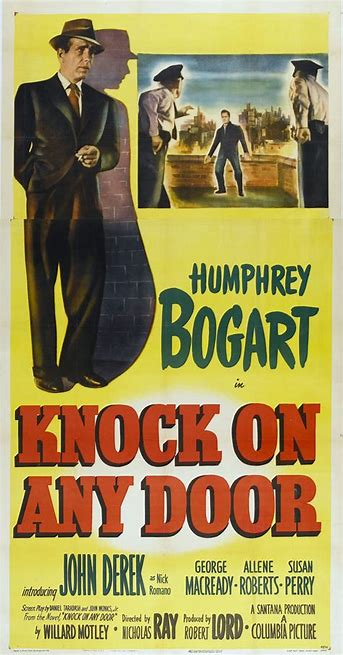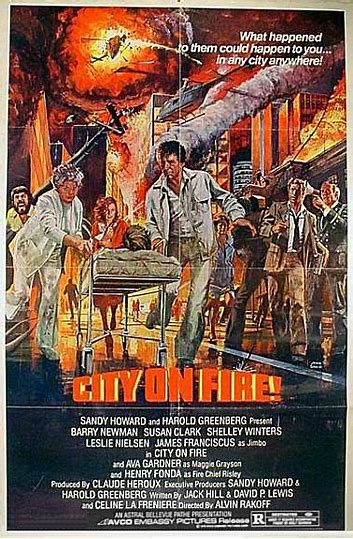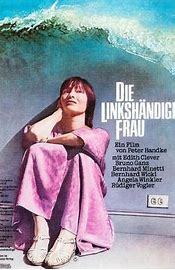As a major Blake Edwards fan, I’ve long felt I’m missing something
with Darling Lili; a recent reviewing didn’t really remedy that. The
film certainly has some of Edwards’ most sophisticated play with image and
identity, right from the initial emergence of Lili from a black screen to sing
the haunted, almost disembodied “Whistling in the Dark” number. Given the plot
of a beloved English singer who’s also a German spy; with moments that appear
to explicitly channel Mary Poppins and The Sound of Music and
which look ahead to later works like “10” and “Victor/Victoria,”
its use of Julie Andrews’ star image is unusually multi-layered. And yet, the
film’s machinations often feel unduly heavy and joyless, not least due to Andrews
herself, who here as in several films to come hardly seems to justify her husband/director’s
faith in her. Even allowing that the opaqueness is part of the point, Lili is a
confounding blank; every time I see the film, I expect it to be revealed that
she was actually a double agent all along, or at least that there’s more to it
than I’ve previously grasped. Her relationship with an American ace, Larrabee, evolves
from spycraft to real reciprocated love, but as embodied by Rock Hudson, the
character remains strangely formal and distant; the Clouseau-type sight gags,
in the form of a sozzled colleague of Larrabee’s and two French policemen on
Lili’s trail, aren’t too well integrated; the film is likely to leave you puzzled
on a number of other narrative and thematic fronts. It’s true that these and
other criticisms could be repositioned as evidence of a slyly elusive intelligence,
but where I’ll happily rush to point out what people overlook in (say) S.O.B.
or even The Man Who Loved Women, I’ve never felt capable of making
the effort for Darling Lili. Oh well, can’t win them all…















